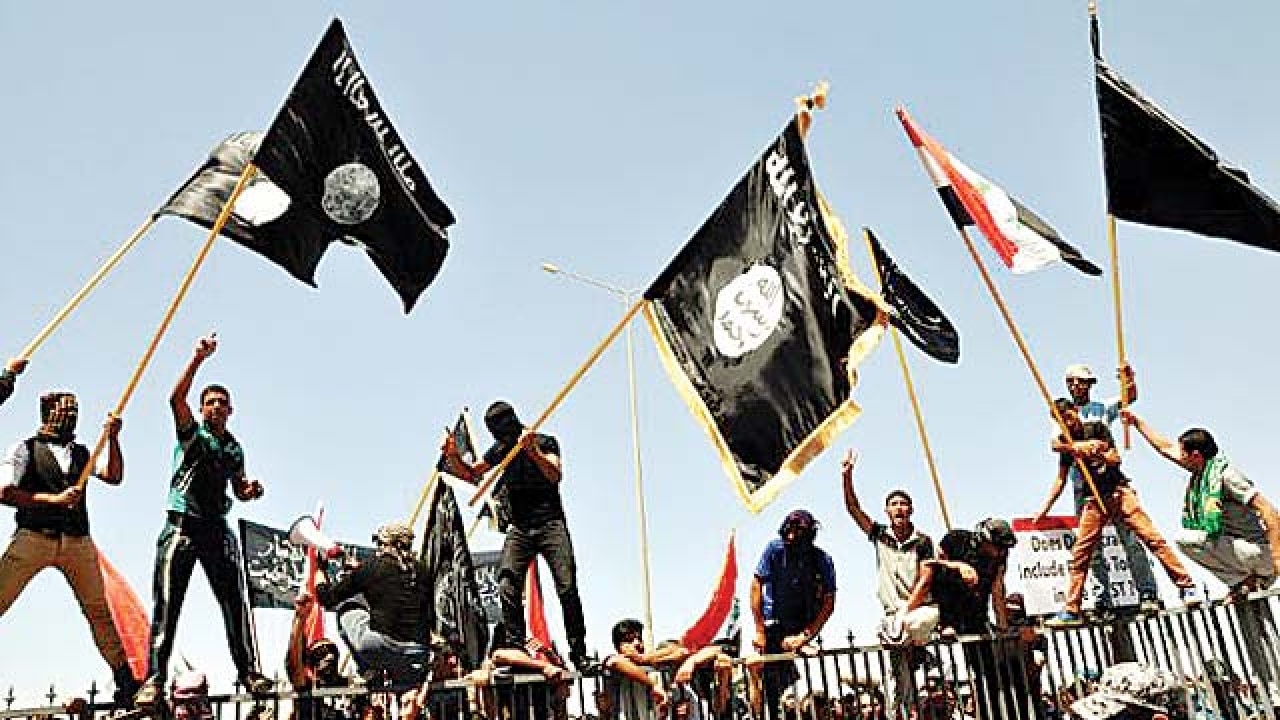
The noose is tightening around the Islamic State (ISIS) in both Iraq and Syria. American and Russian army units are working in tandem with Turkish and Syrian government forces and a motley crew of rebels to launch a pincer attack on ISIS’ caliphate headquarters in Raqqa. Meanwhile, in Iraq, ISIS’ last major bastion of Mosul is likely to fall within weeks: eastern Mosul was liberated in January; western Mosul is now under siege from the rejuvenated Iraqi army aided by US special forces. However, even after the ISIS caliphate is dismembered, the problem of Islamist terrorism will not disappear. The ISIS “franchise” will live on. Last week’s London attack by ISIS sympathiser Khalid Masood is symbolic of the lone wolf Islamist threat the world faces.
This has geopolitical consequences. The United States, Russia, China, Europe and India have a common interest in defeating Islamist terrorism. This could lead to realignments in the world order unthinkable even five years ago. During the Barack Obama era, the US made several tactical errors. It withdrew ground troops prematurely from Afghanistan, emboldening and strengthening the Taliban. It mishandled Libya, killing Muammar Gaddafi and leaving the north African country vulnerable to Islamist terror groups. Obama compounded these errors by wavering over rapid ground action to quell ISIS in 2014 shortly after it declared its caliphate in Iraq and Syria.
Russia’s annexation of Crimea and invasion of eastern Ukraine revived hostilities between Moscow and Washington, followed by US sanctions on Russia. Moscow’s intervention in Syria on September 30, 2015, changed the geopolitics of the Middle East. Since Russia’s entry into the conflict, ISIS has been in retreat. Syrian president Bashar al-Assad has been strengthened. America’s policy of ousting al-Assad (in the same way it killed Saddam Hussein in Iraq and Muammar Gaddafi in Libya, throwing both countries into sectarian chaos) lies in tatters. The Obama doctrine rested on a single pivot: al-Assad must go even if that meant turning Syria over to jihadist terror groups like the al-Nusra Front. Russia’s intervention has ended that prospect, bringing America’s geopolitical re-engineering in the Middle East to a grinding halt.
Into this febrile environment US President Donald Trump’s foreign policy doctrine introduces an unpredictable element. Trump has reversed Obama’s oust-Assad-at-all-costs Syrian strategy. He has doubled US special forces in Syria as the push to evict ISIS from Raqqa intensifies. In Trump’s doctrine, in stark contrast to Obama’s, ISIS terrorism poses a greater threat to the world than Syrian president Bashar al-Assad.
China is watching these developments closely. It has largely kept out of the Middle East conflict but has economic interests in the energy-rich region. Beijing is building an increasingly transactional relationship with Russia. Beijing buys large quantities of Russian oil and gas. Moscow recently replaced Saudi Arabia as the world’s largest oil producer, cranking out over 10 million barrels a day. Russia though is an unreliable power. It has been eyeing Afghanistan as US and NATO influence wanes. Moscow’s recent tilt towards Pakistan, including joint military exercises, is part of this strategy.
Islamabad is desperate to ensure Trump does not charge Washington’s policy of turning a blind eye to its sponsorship of terrorism. As ISIS retreats from Syria and Iraq, it will need to find new fertile soil to plant its Sunni jihadist flag. Shia Iran is a sworn enemy. Further east, Pakistan and the landlocked state it holds to ransom, Afghanistan, are obvious targets. Pakistan has nurtured jihadists for decades. An unwelcome visitor, ISIS has now come calling. The timing couldn’t be worse. The China-Pakistan Economic Corridor (CPEC) is already under threat in Balochistan. ISIS will add a grim layer to that security threat.
As an Indian official said: “CPEC will be a bleeding artery for Pakistan and China. The gains to Pakistan are considerable but even now, it is being threatened by elements in Balochistan and frontier areas.” Last week, British parliament passed a motion calling the CPEC “illegal”. It said the CPEC passes through” Gilgit-Baltistan, a legal and constitutional part of Jammu & Kashmir, illegally occupied by Pakistan.”
Indian diplomacy has to be both robust and nimble to meet the multiple challenges that ISIS’ impending defeat in the Middle East will throw up nearer home.
The writer is author of The New Clash of Civilizations: How The Contest Between America, China, India and Islam Will Shape Our Century. He tweets @MinhazMerchant.